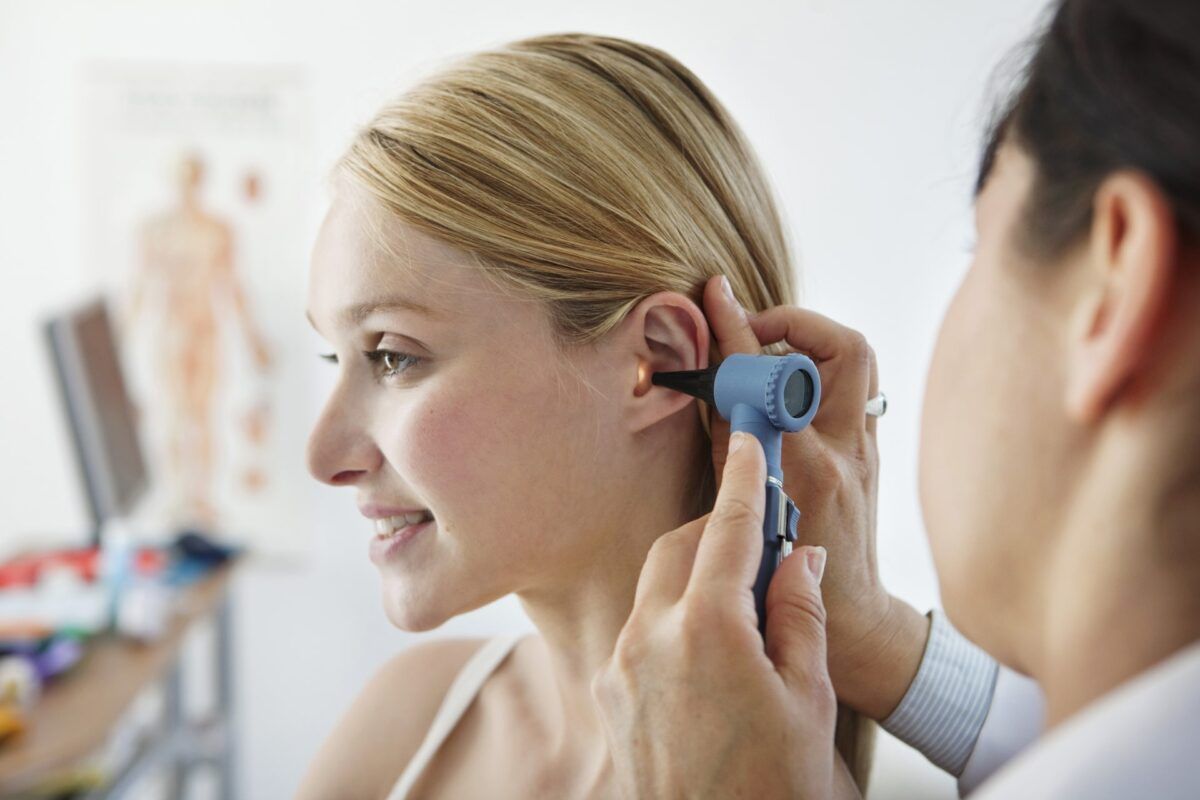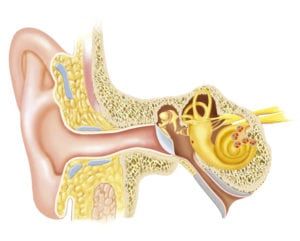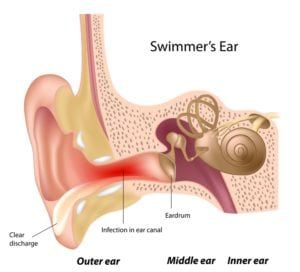Otolaryngologists diagnose and treat symptoms and diseases related to the ear, nose and throat. Also known as an ‘ear, nose, and throat doctor’, a physician with this specialty sees and treats both adults and children. An ENT doctor has a comprehensive understanding of the head and neck structures, qualifying them for the treatment of related infections, sensory disruption, allergic reactions, congenital defects, and more.
Did you know…
that otolaryngology is the oldest recognized medical specialty in America? Demand for ENT physicians is strong and across America, seeing as how nearly all children and adults develop symptoms pertaining the ears, nose, throat, and related head and neck structures at some point in their lives – some chronically. In fact, an estimated 35 million people develop chronic sinusitis each year in the U.S. alone.
Frequently Asked Questions
When should I seek care from an ENT?
You should speak with your primary care provider about visiting an ENT if you have any unusual symptoms – whether acute or chronic – related to the ear, nose and throat. Examples include:
- Difficulty swallowing
- Dizziness or difficulty maintaining balance
- Difficulty hearing
- Pain
- Swollen tonsils
- Ringing in the ears
- Difficulty breathing
- Sinus problems
- Allergic reactions
- Reflux
- Frequent nose bleeds
- Growths or tumors
What types of conditions do ENT providers treat?
Ear, nose, and throat doctors treat a variety of conditions and diseases, including:
- Chronic or severe earaches and infections
- Sinus infections
- Allergies
- Hearing obstruction or loss
- Breathing obstructions
- Sleep apnea
- Throat problems and chronic hoarseness
- Tonsillitis
- Deviated septum
- Masses and lumps
- Cancer
What should I expect during my visit?
Your initial visit to an ENT will include a review of your present symptoms and health history. Your doctor will then examine your ears, nose, and throat for structural abnormalities and signs of infection. Depending on the results of your exam, additional testing such as a hearing screening may be necessary.





